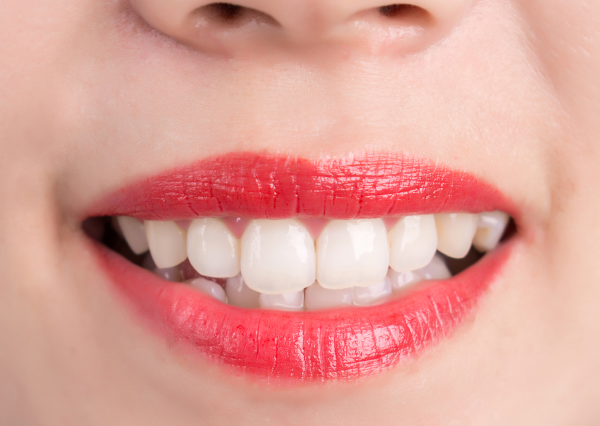Routine dental appointments are essential to maintain good oral health and a happy smile. A standard dental check-up is carried out by an experienced, qualified dentist and is the best way to spot any problems with your mouth before they become serious. Both adults and children require routine dental appointments on a regular basis because preventative dentistry is the key to keeping your mouth healthy.
Routine dental appointments are usually carried out every six months, although some patients may require more frequent visits, while others may need to come into the practice less often. Your dentist will advise you on how often you need to come in for a check-up.
What happens at a routine dental check-up? If it is your first appointment at the practice, your dentist will take a full dental and medical history. They will also:
Your gums are like cushions for your teeth; they surround the tooth from its crown to its root in the jaw. Looking after your gums is just as important as looking after your teeth, and without routine cleaning gum disease can occur.
The common signs and stages of gum disease are:
Gum disease can be avoided by attending regular hygiene check-ups at the practice and maintaining a good daily hygiene routine. Brushing between the teeth, flossing and replacing your toothbrush every three months can benefit your gum health.

Onsite parking available. Call (07) 3397 1216 for details.
Please contact us via this website or email without disclosing confidential information.